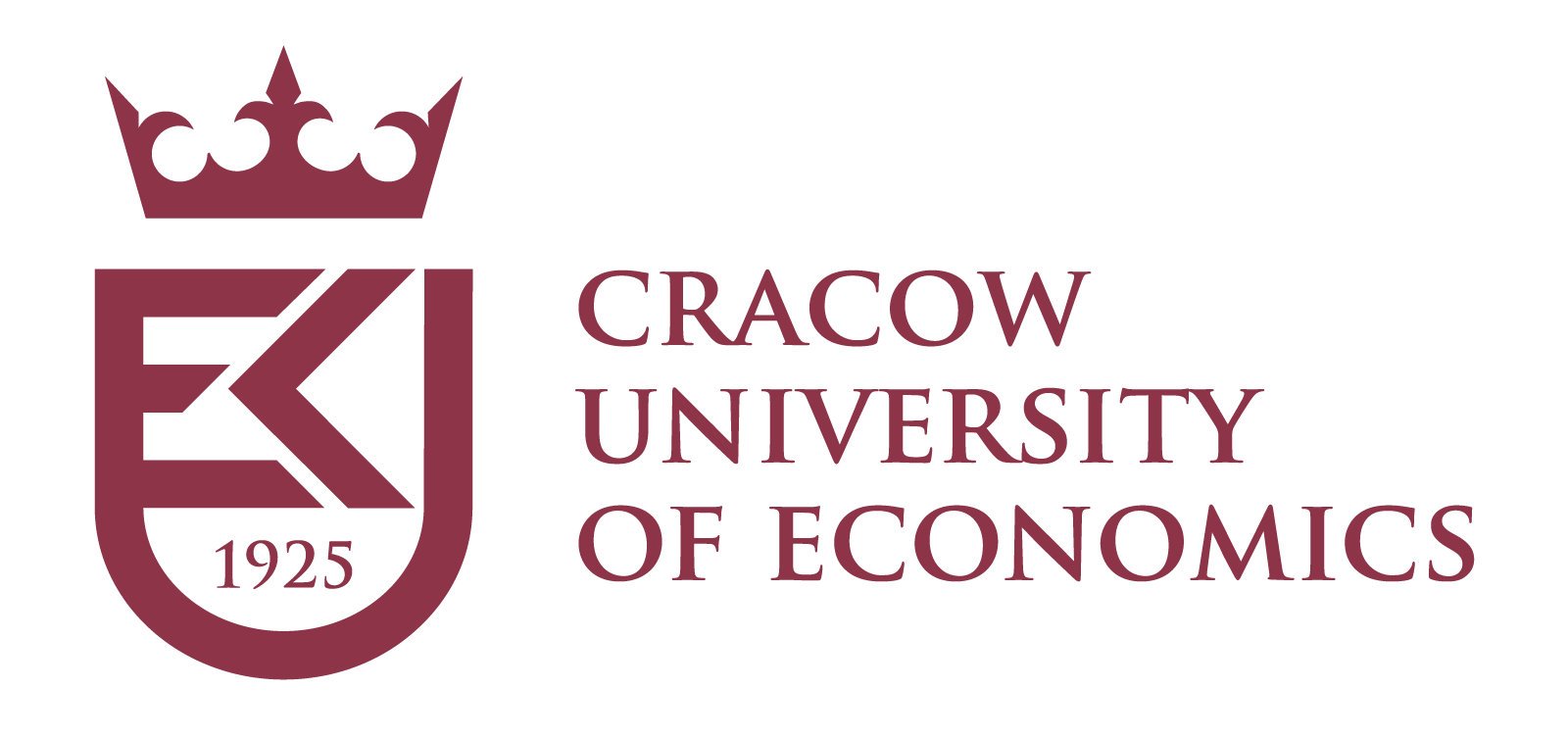Diana Adamatti – Universidade Federal do Rio Grande
Petra Ahrweiler – Johannes Gutenberg-Universität Mainz
Fred Amblard – IRIT – University Toulouse 1 Capitole
Marek Antosiewicz – Warsaw School of Economics
Luis Antunes – GUESS/LabMAg/Univ. Lisboa
Jennifer Badham – Queen’s University Belfast
Federico Bianchi – University of Milan
Mike Bithell – University of Cambridge
Riccardo Boero – Los Alamos National Laboratory
Melania Borit – University of Tromsø
Alessandro Caiani – Istituto Universitario di Studi Superiori
Dino Carpentras – University of Limerick, Ireland
Emile Chappin – Delft University of Technology
Kevin Chapuis – UMI 209 UMMISCO, IRD
Edmund Chattoe-Brown – Department of Sociology, University of Leicester
Marco Civico – (University of Geneva
Marcin Czupryna – Cracow University of Economics
Natalie Davis – Lancaster Environment Centre
Guillaume Deffuant – Cemagref
Frank Dignum – Utrecht University
Paola D’Orazio – Ruhr University Bochum
Bruce Edmonds – Manchester Metropolitan University Business School
Corinna Elsenbroich – University of Surrey
Andreas Flache – ICS University of Groningen
Christopher Frantz – Norwegian University of Science and Technology
Cesar García-Díaz – Pontificia Universidad Javeriana
Amineh Ghorbani – Delft University of Technology
Francesca Giardini – Institute of Cognitive Sciences and Technologies
Nigel Gilbert – University of Surrey
Nick Gotts – University of Leeds
Laszlo Gulyas – Eotvos Lorand University
Rainer Hegselmann – Bayreuth University
Gert Jan Hofstede – Wageningen University
Sascha Holzhauer – Universität Kassel
Wander Jager – University of Groningen
Peter Johnson – University of Surrey
Bogumil Kaminski – Warsaw School of Economics
Andreas Koch – University of Salzburg
Friedrich Krebs – University Kassel
Francesco Lamperti – Scuola Superiore Sant’Anna and RFF-CMCC
Stephan Leitner – Alpen-Adria Universitaet Klagenfurt
Silvia Leoni – School of Business, University of Leicester, UK
Michael Mäs – ETH Zurich
Ruth Meyer – Centre for Policy Modelling
Selcan Mutgan – Linköping University
Kavin Narasimhan – Centre for Research in Social Simulation, University of Surrey, UK
Martin Neumann – JGU Mainz
Paweł Oleksy – Cracow University of Economics
Jonathan Ozik – Argonne National Laboratory and The University of Chicago
Bartosz Pankratz – Warsaw School of Economics
Nicolas Payette – Université du Québec à Montréal
Gary Polhill – The James Hutton Institute
Lilit Popoyan – University of “Parthenope”
Jessica Reale – Ruhr-Universität Bochum
Michael Roos – Ruhr-Universität Bochum
Juliette Rouchier – CNRS-LAMSADE
Jordi Sabater-Mir – IIIA-CSIC
Geeske Scholz – Institute of Environmental Systems Research, University of Osnabrück
Tobias Schroeder – Fachhochschule Potsdam | University of Applied Sciences
Davide Secchi – University of Southern Denmark
Roman Seidl – Öko-Institut e.V. – Institute for Applied Ecology
Leron Shults – University of Agder
Małgorzata Snarska – Cracow University of Economics
Flaminio Squazzoni – University of Milan
Timo Szczepanska – UiT – The Arctic University of Norway
Przemysław Szufel – Warsaw School of Economics
Klaus G. Troitzsch – University of Koblenz-Landau (retired in 2012)
Harko Verhagen – Dept. of Computer and Systems Sciences, Stockholm University
Friederike Wall – Alpen-Adria-Universitaet Klagenfurt
Nanda Wijermans – Stockholm Resilience Centre


